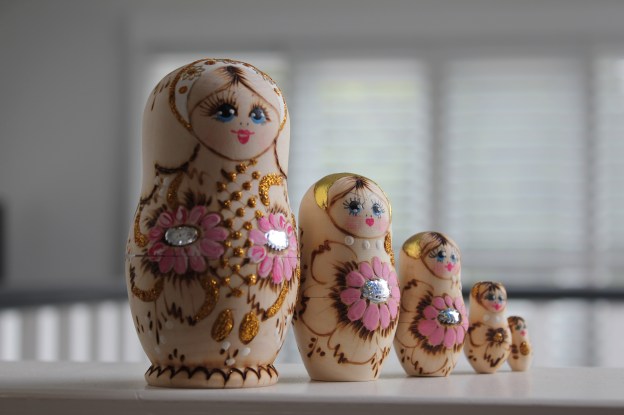Learning about my family tree obsessed me since I was young. Before the internet. Before it was easy.
My grandparents told me about their grandparents. With this information, I sent letters to Births, Deaths and Marriages in the United Kingdom seeking details of my relatives.
I’d wait for weeks for a reply and when the envelope with a Great Britain postage stamp arrived, I’d grab my pencil, and record full names and information of births, deaths and, well, marriages. I suddenly had ‘great-great-great’ grandparents! A family tree of sorts appeared in a child’s scrawl.
Sometime around the time I left school, I forgot all about my dusty relatives and focussed on building a career, meeting the man of my dreams and creating a family. But the pull of the unknown surfaced again once my children needed less of me. And there was the internet, and there were websites that offered to help.
Not all members of my family share my enthusiasm for finding out who our relatives are. Their interest in my discoveries range from rapt attention and shared joy to a disinterested “how does that change anything for me?” I get it. I really do. Unless I uncover a long lost wealthy relative looking to distribute their riches to us, our day-to-day lives don’t change with knowing who our ancestors are.
But I am a believer we are all a product of nurture and nature. Within every human lies (potentially) genetic material from ancestors as far back as their 5xGreat-Grandparents. Think about that for a moment. Let’s leave physical medical history aside here (although essential!) and look more at our nature. Have you ever wondered about where your music ability comes from when your parents are tone deaf? Or about any of your special skills and talents that you appear to be born with, that you don’t share with your mother or father?
I knew about the people who have nurtured me. But I knew little about my extended family members whose DNA I shared. I knew nothing of their lives or their struggles. What did they have to sacrifice in order for me to live in the lucky country that is Australia?
By 2010, there was another, more distinctive, pull for me to uncover my ancestors. I’d just spent two years living in London with my husband. During that time, the precious aspect of heritage in Great Britain was bought into sharp focus. I envied their sense of belonging and sense of place. Their names handed down through generations identify their lineage and their religion. They know where their community is and take great comfort in that. I am a proud 5th-generation Australian—and yet I am wrong-footed with sections of the Australian community who consider people like myself ‘not really of this land.’ Australia is my home, but where do I belong? Do the English, whose family connection to the country is hundreds of years old, ask themselves the same thing about their home in the English country-side? They know they belong. In our country, multi-generational Australians are so removed from their heritage that their children’s names are chosen based on fads. Perhaps this is a positive move towards an assimilated country, where our tribe colours are fading. But still, I wonder whether I’ll ever be allowed to feel guilt-free about my white European background—in my home?
Marcus Garvey said, “A people without the knowledge of their past history, origin and culture is like a tree without roots.” I needed to find my roots.
Next, I’ll share with you my journey in uncovering my family tree.
